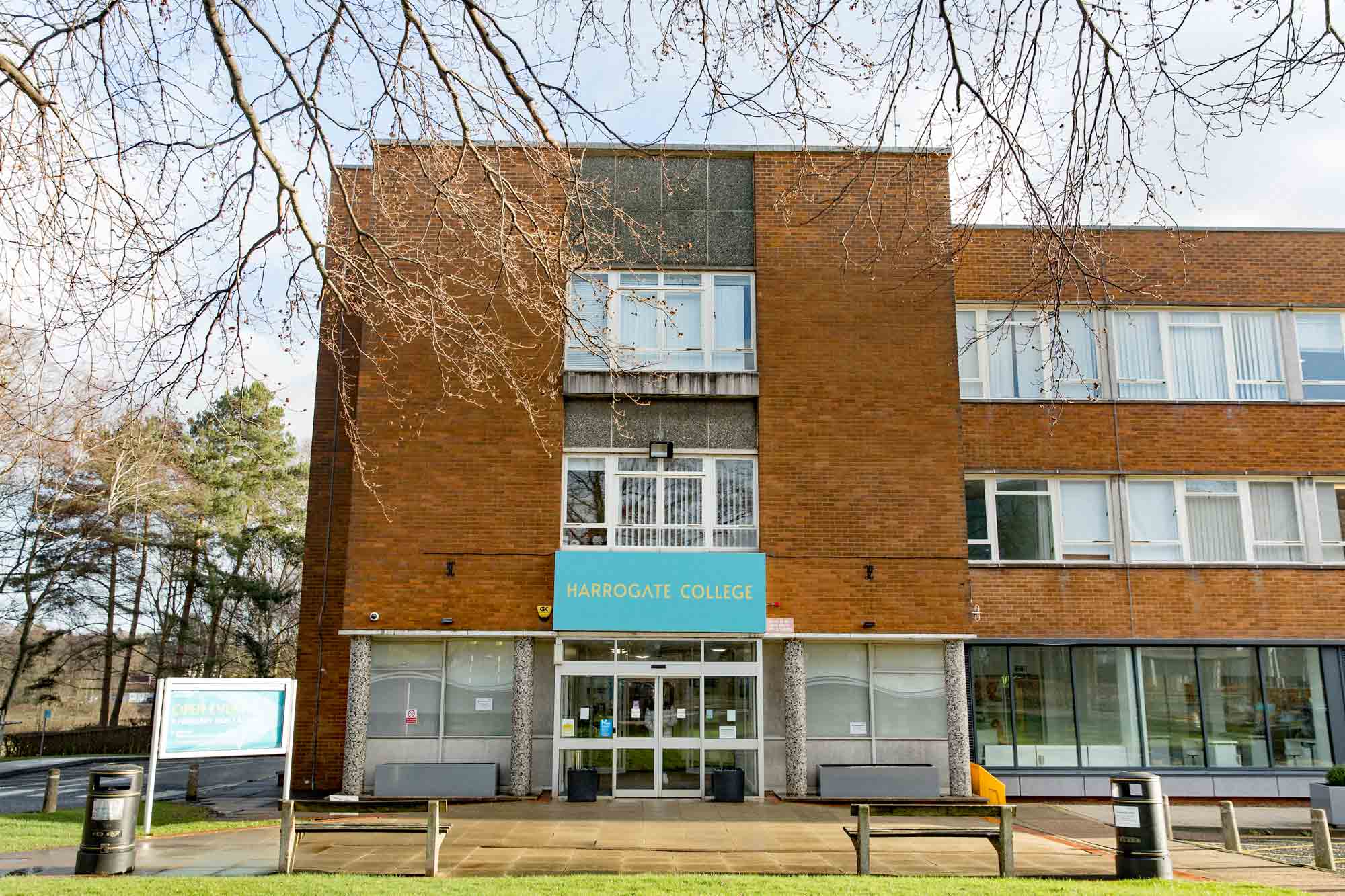- New and more flexible student finance system to be introduced which will empower adults to upskill or retrain throughout their working lives, transform the higher education system and upskill the workforce for the future economy
- Shake up of the system will give students access to four years of tuition funding (£37,000 in today’s fees) to use flexibly on both full and part-time study, and new modules of course
- Maintenance support will be expanded to more technical and part-time courses, and modules of courses too – offering a lifeline to young people just starting out as well as those returning to education
Danny Wild, principal at Harrogate College regarding the Lifelong Learning Entitlement (LLE):
The Lifelong Learning Entitlement is a step in the right direction and a welcome move for adult education. This is going to make higher and degree level learning accessible to people across our district who never thought it would be possible for them.
While we welcome this new bill, we must not forget about the crucial investment that is needed for Level 3 and below adult learning. There has been no investment in this area for many years, yet this will provide that all-important pipeline of adults progressing onto higher education.
The Lifelong Loan Entitlement (LLE) it should empower more people to study in a way that works for them, opening up opportunities for those that might have never considered higher education. This could help them balance training or studies alongside other commitments such as childcare or financial commitments, which will revolutionise social mobility and plug skills gaps.
Under the plans published today, the Government has confirmed that from 2025, people will be able to access loans worth the equivalent of four years of post-18 education (£37,000 in today’s tuition fees) under the LLE and use them flexibly over their working lives to suit their circumstances – transforming the student finance system.
The loan can be used to pay for full or part time study, for a variety of courses – from degrees to Higher Technical Qualifications, and including modules. Like a flexi-travel card, it allows people to jump on and off their learning, as opposed to having a ticket with a single destination.
Students will be able to keep track of their studies and see how much funding they have left in a personal account, and access information about the courses and modules they can spend it on. This will be available online, and operate much like a bank account.
Maintenance loans will also be available for students studying many more technical and part-time courses, including modules of courses for the first time. This will set the system on a par with traditional full-time study and open up new study and training opportunities for people from all backgrounds.
People who have previously studied will also be able to access this student finance, based on student loans they’ve already taken out. And under the new system, returning students will be able to study at an equivalent or lower level than they previously studied – something that the current system does not allow. For example, thanks to the new rules, from 2025, someone who previously had taken out a student loan to study a history degree will now be entitled to finance for a Higher Technical Qualification in Software Development.
The overhaul will not only empower people to learn throughout their lives and offer greater opportunities for learning, but enable workers to retrain and upskill to meet the needs of the cutting-edge industries and high-paid jobs of the future.
Education Secretary Gillian Keegan said:
I know first-hand the benefits of lifelong learning, having retrained and upskilled numerous times in my journey from apprentice to Education Secretary.
Lifelong learning is critical to career progression, helping to fill skills gaps and boost the economy, which is why this overhaul to our student finance system is so important.
The Lifelong Loan Entitlement will give people flexibility to study, train and upskill throughout their working life, in recognition that careers aren’t linear. In doing so, it will facilitate a complete culture shift in the way further and higher education is viewed and who it is available to.







